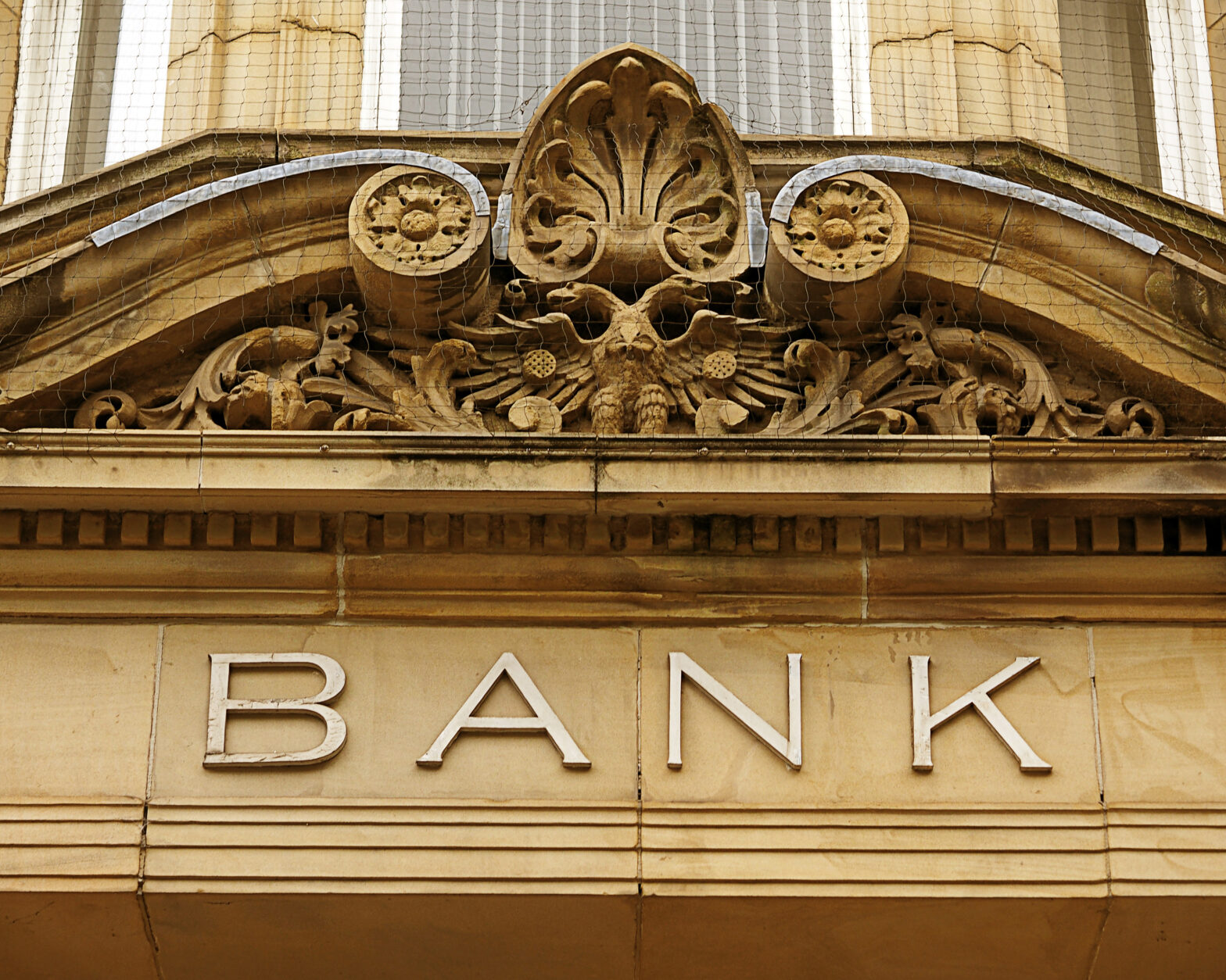When cash savings rates are low, some people start thinking about putting their money into investments and there are plenty to choose from.
When cash savings rates are low, some people start thinking about putting their money into investments and there are plenty to choose from. As with all financial investments, it’s important to choose the right investment fund type depending on the type of investor you are, and be comfortable with the risk that you could lose money. It’s also important to remember that there is not just one provider – with the right financial adviser, you will have your pick from a number of highly respected and established investment funds.
What is an investment fund?
Investment funds are grouped investments which are managed by a fund management company on behalf of the investor. The goal is that this kind of investment will produce medium or long term capital growth, or an income, or a combination of the two.
To invest in them, you buy units or shares in the fund. Your money is then invested on your behalf according to the way the fund works. The ambition is that the value of the investment increases over time because the price of the assets you’ve invested in has gone up, or that you receive an income from assets that the fund has invested in. But the value of investment in these kinds of financial product, and any income they produce, can go down as well as up, so you could get back less than you started with. You should also bear in mind that investments are generally intended to be held for the medium to long term – usually 5 – 10 years, and surrendering them early increases the risks of losing money. You therefore need to think long and hard about whether these are risks you are prepared to take.
If you do want to get investing, you can invest in a fund directly or you can hold it within the tax-efficient wrapper of an ISA. You might choose to invest a single lump sum or to make a monthly investment, and you can invest directly with an investment fund management company or through a financial adviser.
So what are the main types of investment fund?
Unit trust: A pooled investment which is ‘open-ended’. The fund is divided into units, which rise or fall in value, depending on the performance of the fund. The fund gets bigger as more people invest (by creating new units) and smaller when they take money out (by redeeming their units).
Investment trust: A pooled investment. You are buying shares in a company that invests in other investments. It has shares and is quoted on the stock exchange. It is a closed-ended fund as there are a set number of shares available. This differs from an OEIC in that once all the shares from the offering are sold there are no more available.
Exchange Traded Funds (ETFs): This is a less active form of investment fund. The fund is listed on a stock exchange such as the New York or London Stock Exchange. ETFs aim to replicate the movement of a specific stock index such as the NIKKEI 225 or the FTSE 100. Put simply, if the index your fund is pegged to goes up, so does the value of your investment. If it goes down, so does the value of your share in that fund. It does not require the active share buying and investment that a Unit or Investment Trust does and this makes it a less expensive investment fund option.
Do your research before you invest
There are a number of investment funds available, and each one has a different set of possible benefits, fees, risks and conditions attached to them. So take your time, do your research. By doing this groundwork you increase the chance that you’ll be investing in a fund which is going to give you the kind of return that you are hoping for.
If you’re not sure whether an investment is right for you, you should always seek independent financial advice.
This article has been written for information and interest purposes only. The information contained within this article is the opinion of the author only, and should not be construed as advice or used to make financial decisions. Expert financial advice should always be sought and any links contained within this article are included for information purposes only.
Barclays is a major global financial services provider engaged in retail banking (bank accounts and instant access savings accounts), credit cards, corporate banking, investment banking, wealth management and investment management services, with an extensive international presence in Europe, the Americas, Africa and Asia. With over 300 years of history and expertise in banking, Barclays operates in over 50 countries and employs over 140,000 people. Barclays moves, invests and protects money and provides business bank accounts, business loans, home insurance, life insurance, a mortgage repayment calculator, guides on how to buy shares and other services for over 49 million customers and clients worldwide.








